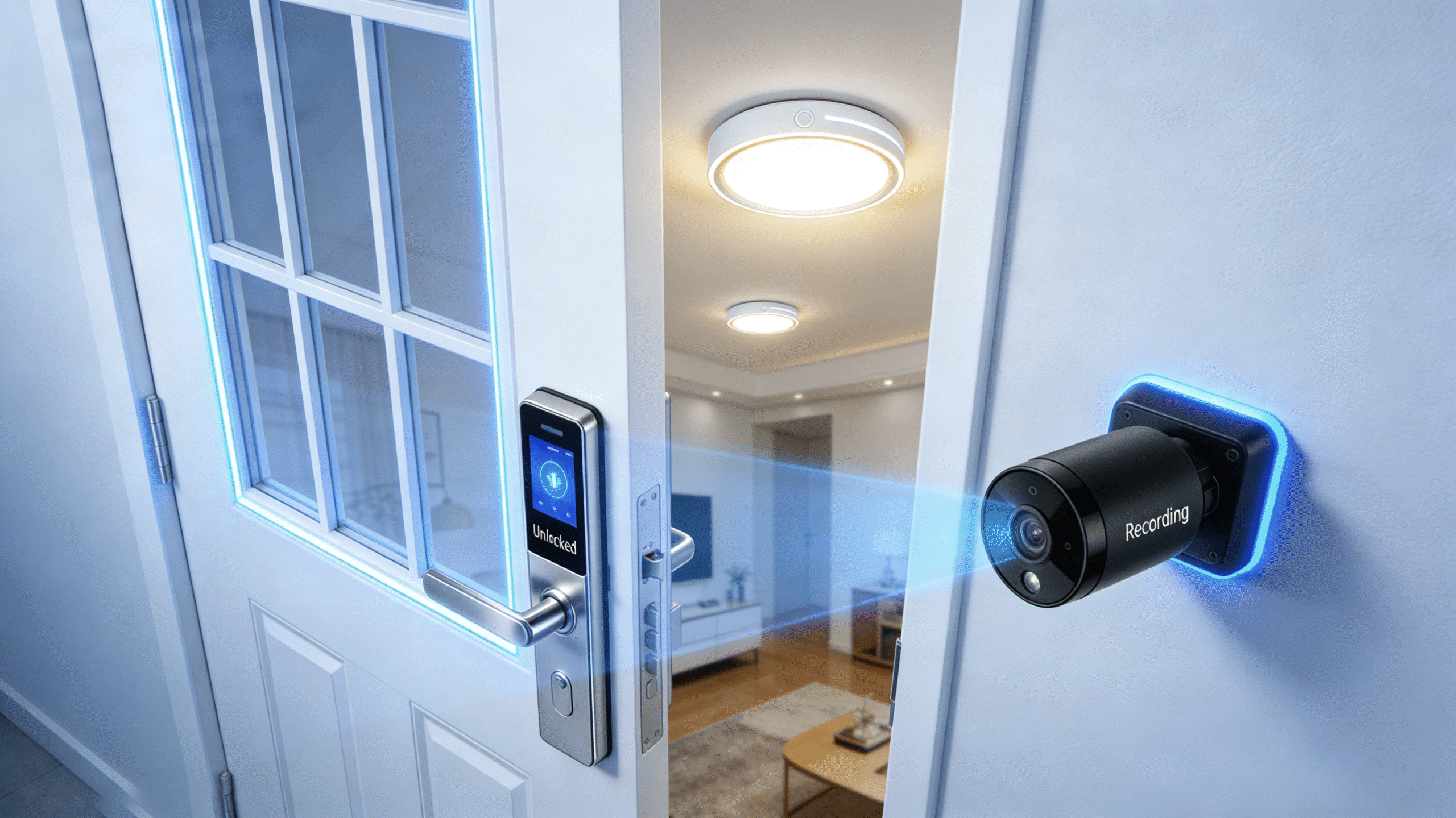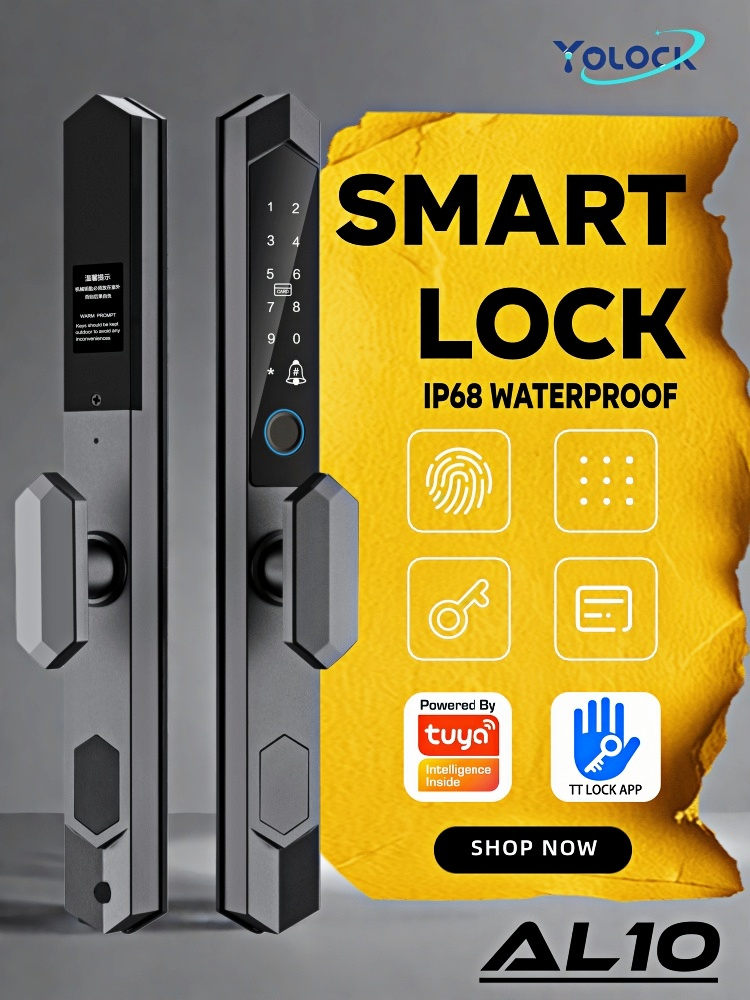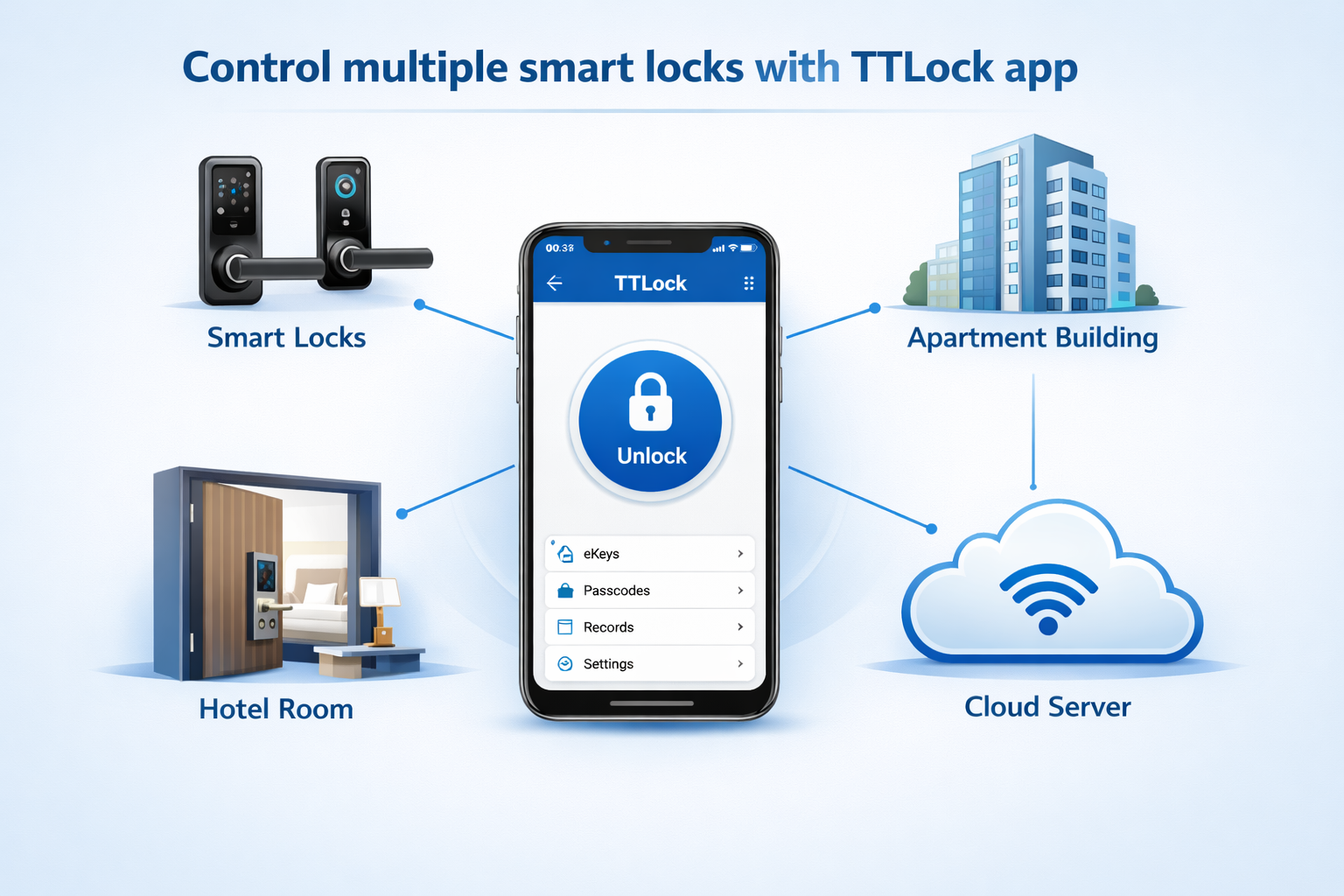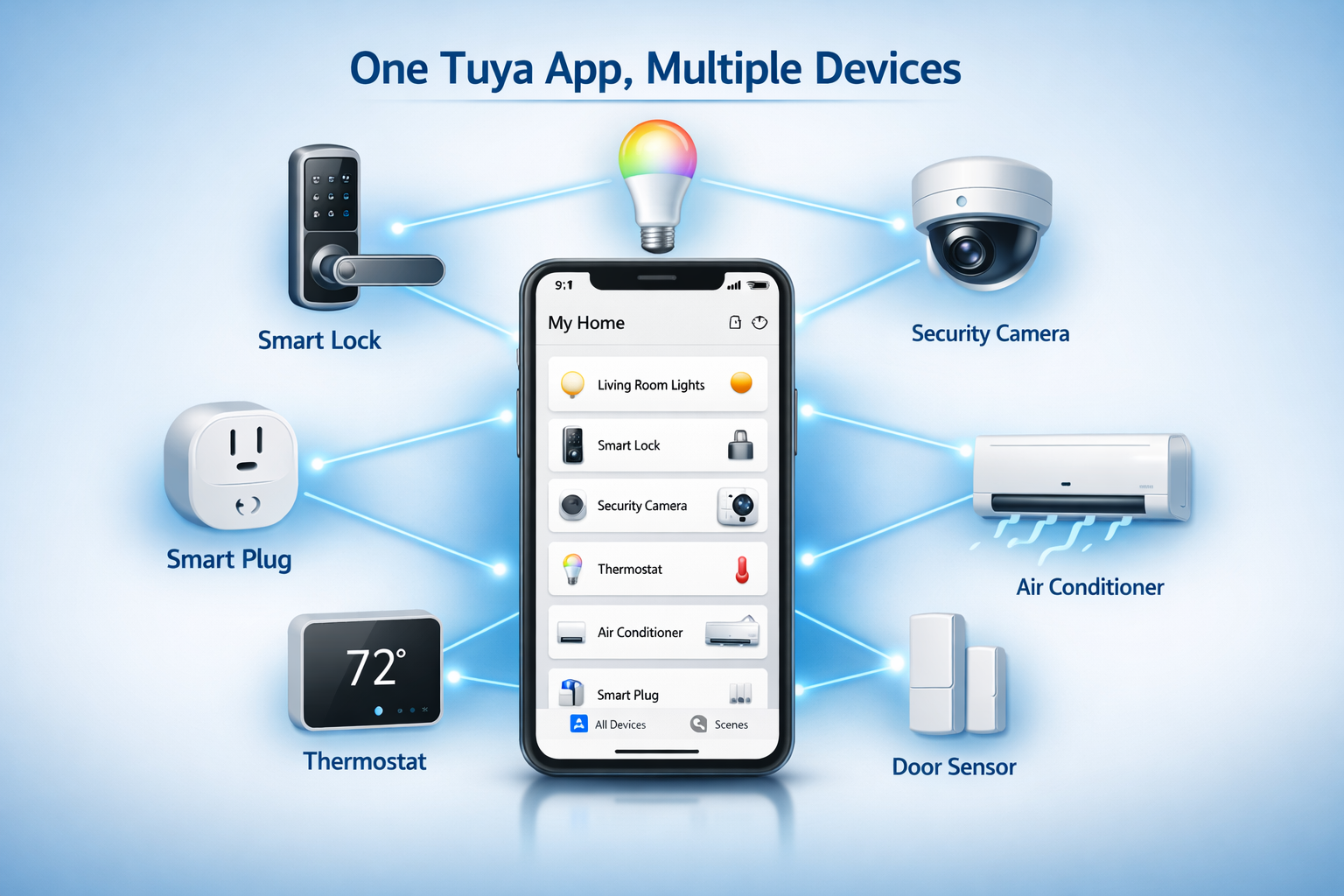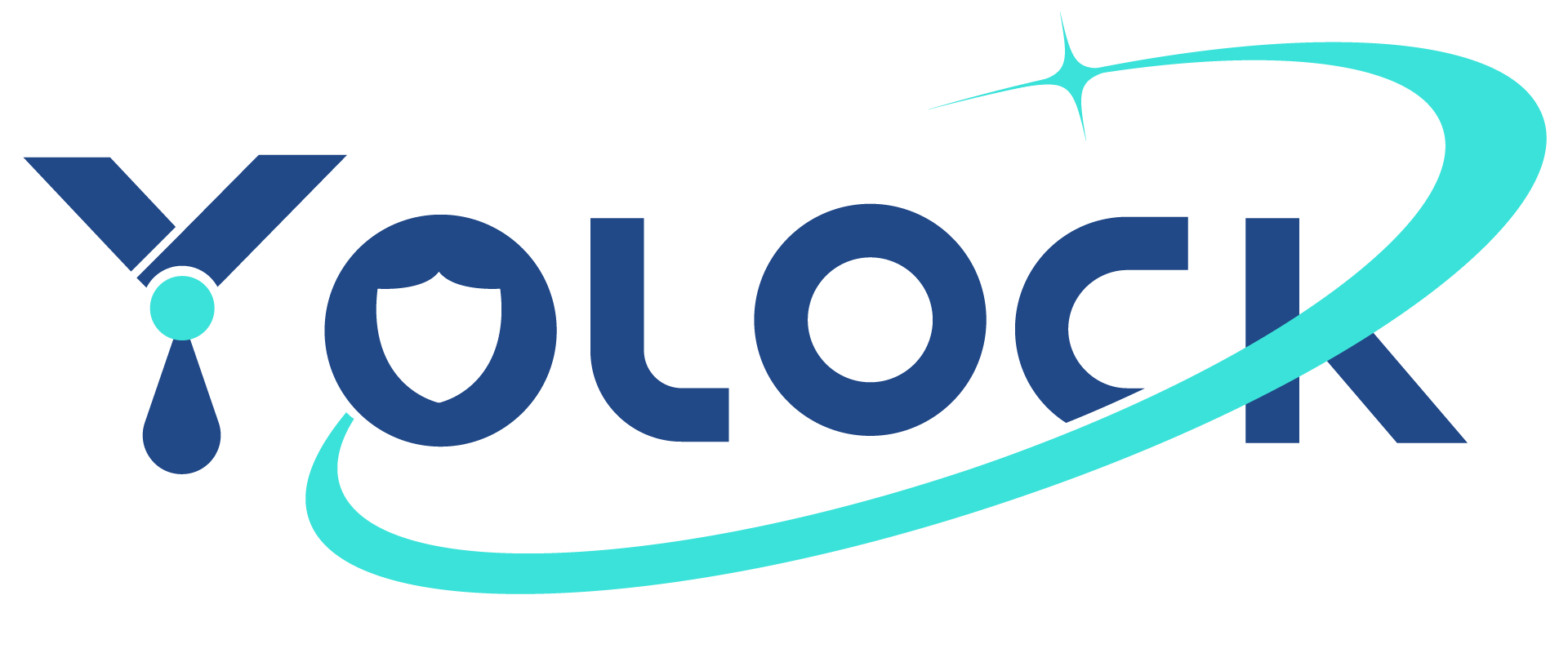The smart home market is booming, and smart door locks are a leading segment. According to industry analysts, the global smart door lock market was valued at about USD 2.91 billion in 2024 and is expected to surge to roughly USD 13.44 billion by 2032 (a CAGR of ~21%). These connected locks—offering keyless entry, remote control and strong encryption—represent a major upgrade over traditional deadbolts. Against this backdrop, companies across the supply chain (from integrators to retailers) are evaluating the ROI of smart locks for their businesses.
High Margins for Engineers and Integrators
For system integrators and installers, smart locks represent a high-margin opportunity. These advanced products command premium prices and can raise the overall value of security projects. Integrators can also offer added services (network integration, custom firmware, ongoing maintenance) that boost profit. Notably, smart locks often include biometric sensors, Wi‑Fi or Bluetooth connectivity, and app-based controls – features that allow engineering firms to upsell sophisticated security solutions and stand out in the market.
Fast Turnaround and Flexibility for Distributors
Distributors and wholesalers value flexibility and quick fulfillment. Many smart-lock manufacturers now support small-batch and multi-SKU orders. For example, one supplier advertises shipping samples or small-quantity orders in just 3–5 days after payment, with bulk production runs ready in about 15–20 days. Rapid delivery helps distributors restock fast and meet spikes in customer demand. Flexible quantities (different models, finishes or packaging under one order) mean distributors can offer a broad product assortment without tying up excess inventory. Of course, standard B2B payment terms apply: typically a substantial deposit (often 30–50%) is required upfront, with the balance due before shipment. This helps secure production while allowing buyers to access goods quickly. By emphasizing agility (small orders, rapid lead times) and responsive logistics, smart-lock vendors help distributors mitigate supply-chain risk and accelerate time-to-market.
Quality and Trust for Brands and Retailers
Leading retailers and brand partners demand proven quality and reliability. To sell smart locks to household names or large store chains, products usually carry industry certifications. For example, the BHMA/ANSI rating system assigns “A” grades to top-tier locks in security, durability and finish. In the consumer space, the Schlage Encode smart lock is notable for scoring an A in all categories. Manufacturers that pass BHMA/ANSI tests earn an official certification mark they can print on packaging and marketing materials. This third-party validation assures buyers that the product meets rigorous standards. Such credentials are especially important to major retail customers (home-improvement chains, department stores, etc.) who must guarantee safety and performance. In practice, some of the largest home-appliance brands have embraced smart locks: for instance, Chinese giants Haier, Gree and TCL have announced smart-lock lines and showcased them at industry expos. Highlighting these big-name endorsements and official certifications is an effective way to build trust with supermarkets, electronics retailers and other brand-conscious B2B clients.
Addressing Supply-Chain and Commercial Concerns
Despite the opportunity, smart-lock stakeholders do have concerns. Supply-chain stability remains an issue: recent reports cite geopolitical events (e.g. border closures, Red Sea maritime attacks) that continue to disrupt electronics supply chains. To guard against delays, smart-lock suppliers often diversify factories and maintain buffer stocks. On the commercial side, standard payment terms (such as 50% deposit) help protect manufacturers while allowing buyers to plan inventory. Speed to market is also critical: developers emphasize how their process (rapid prototyping, lean production) keeps lead times short. In fact, many manufacturers stress that they can handle multi-SKU, small-batch runs and even custom configurations. This flexibility means distributors or brands can trial new models or fulfill niche orders without long waits.
In summary, home smart locks can deliver strong ROI for each stakeholder if chosen and implemented wisely. Engineers and integrators can capture higher margins by bundling installation and services with these premium devices. Distributors gain competitive edge through agile, multi-SKU supply and fast delivery. Retailers and brand clients profit from selling a certified, high-tech product that consumers demand. By focusing on product quality (proven by certifications) and supply agility (small-batch/fast orders), smart-lock vendors help partners manage risks like payment terms and supply-chain volatility. Ultimately, in a growing market, smart locks are a sound investment when these ROI factors are well-addressed.


